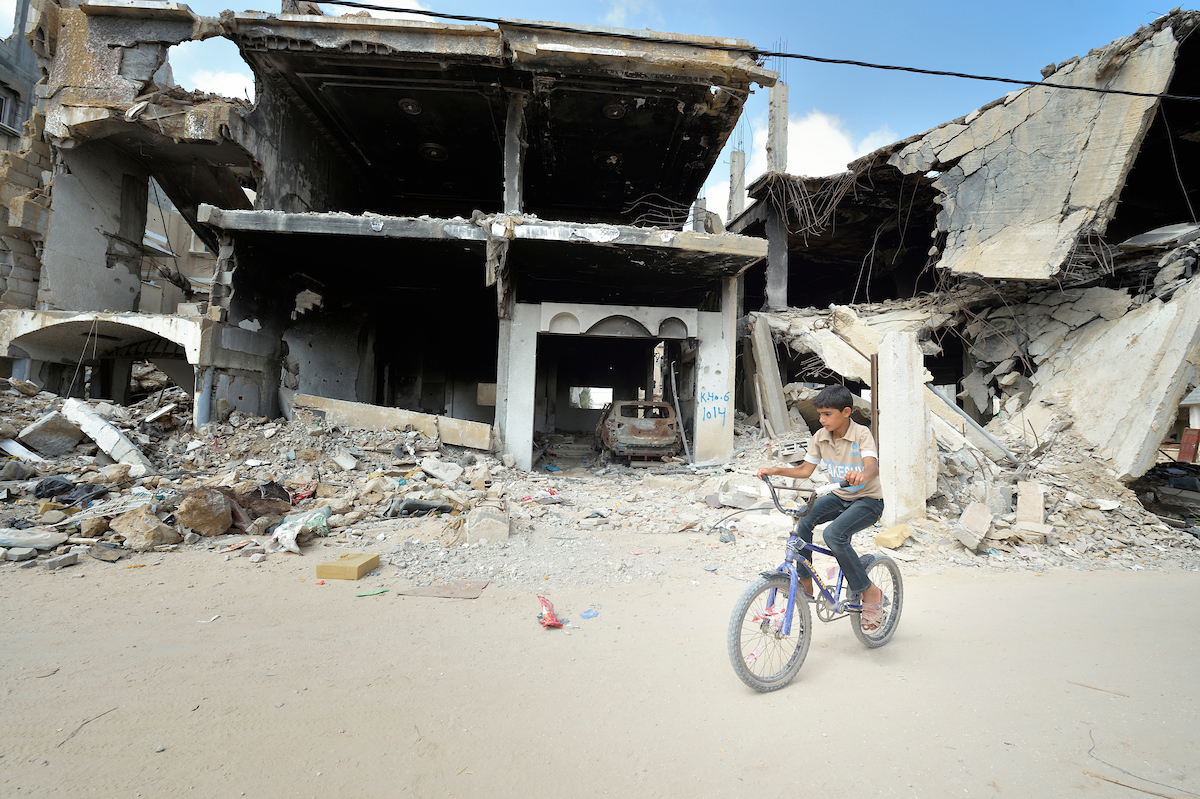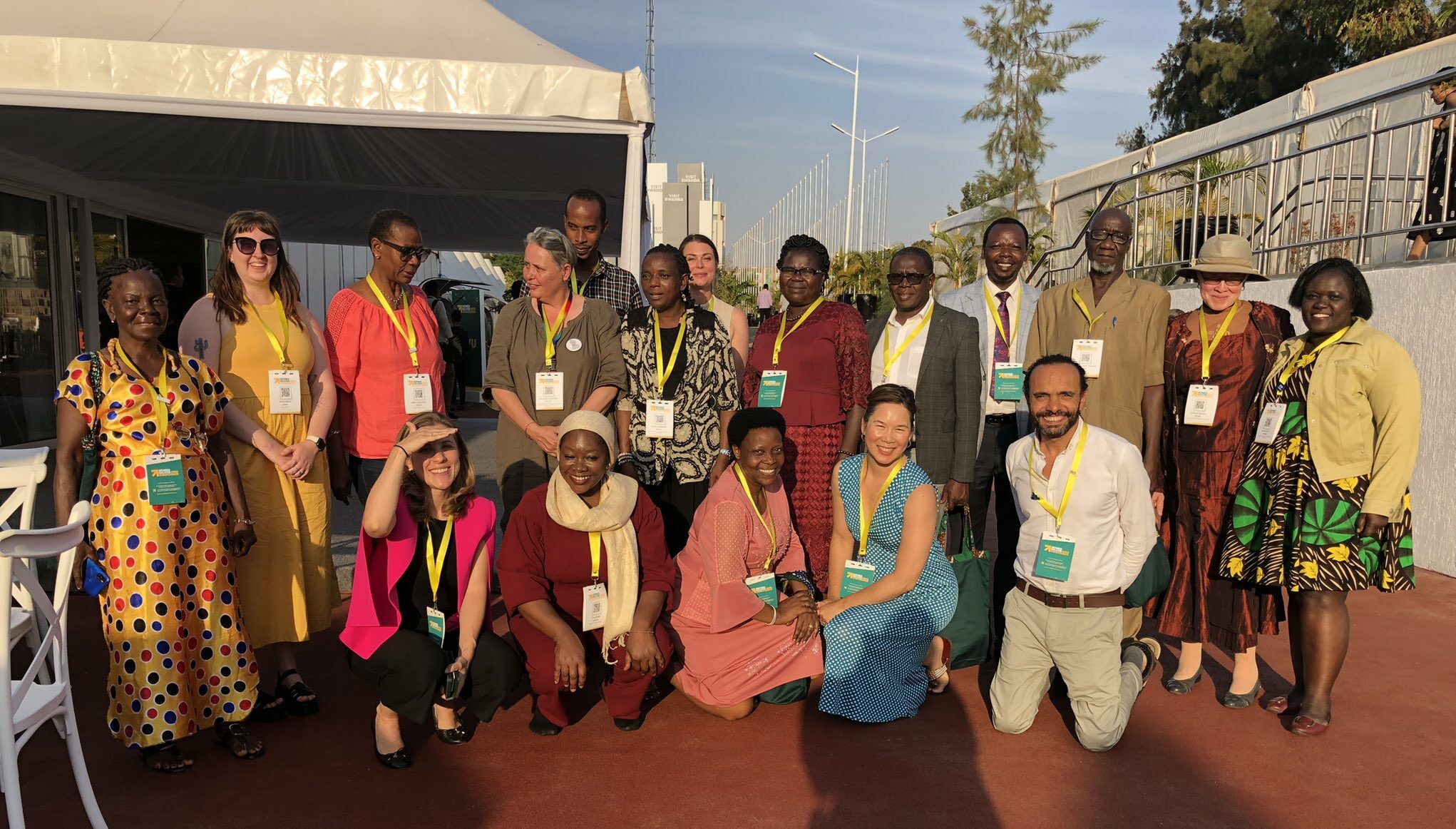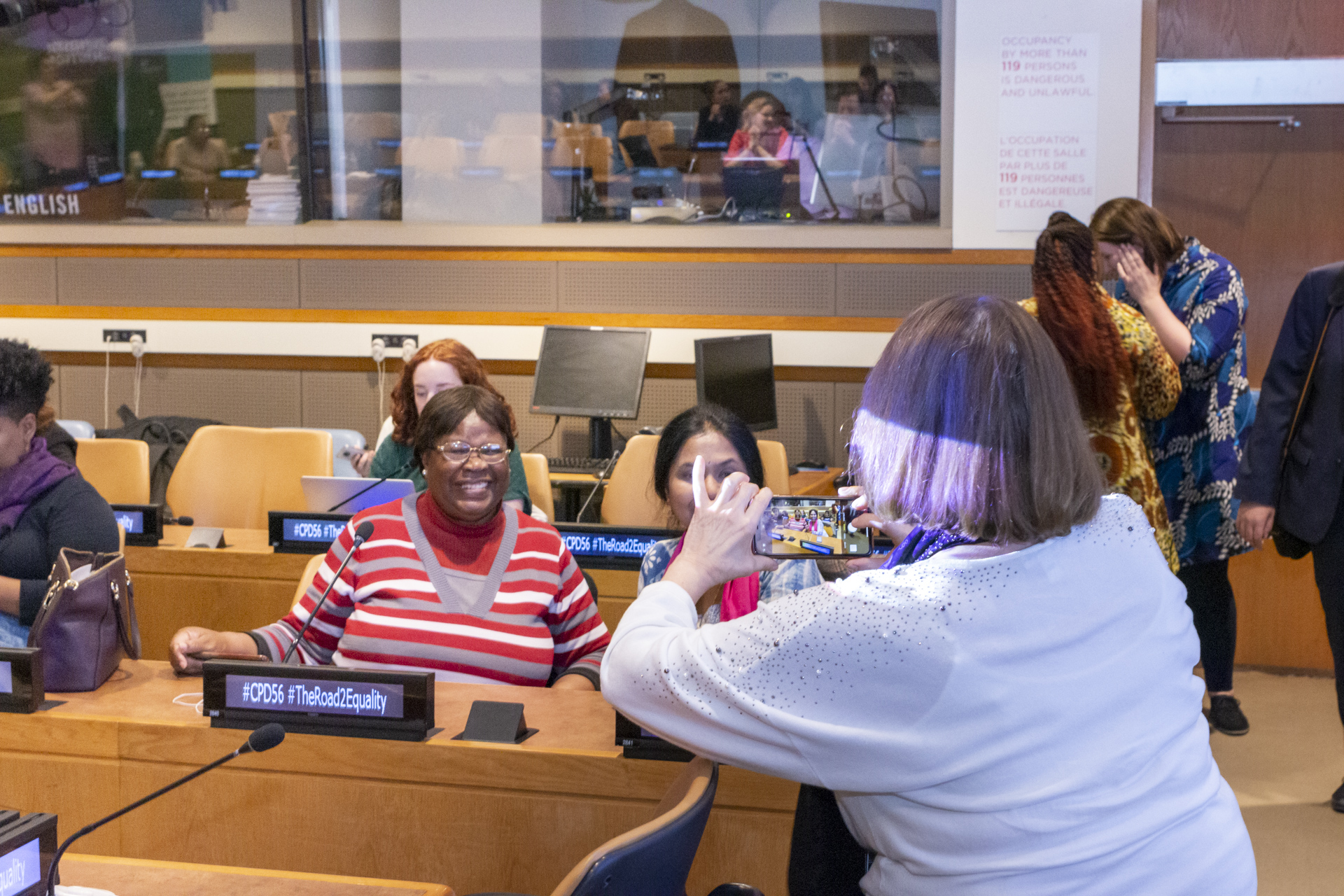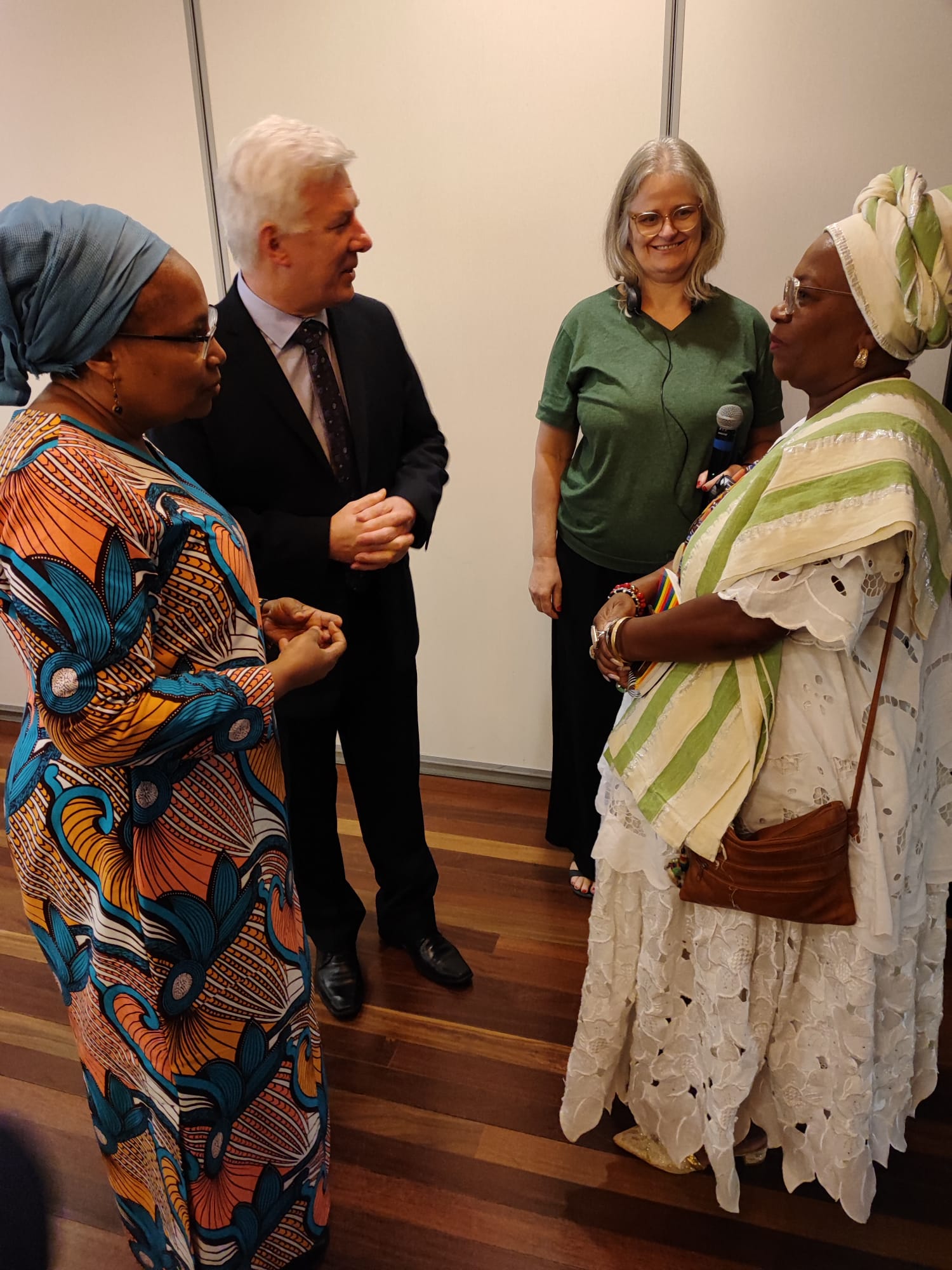Joani Santana, 17, was a star student but she was pulled out of school for the simple reason she doesn’t have a birth certificate.
New laws in the Dominican Republic require Joani to have identity papers in order to study.
“I don’t have the documents,” she explains. “I was born in the Dominican Republic but my parents came to the country from Haiti to cut sugar cane and the only ID they were given is a sugar plantation work card. My mother wasn’t given a birth certificate for me when I was born and even though I’ve now proved that I was born here I can’t get documents because of my parents’ immigration status.”
Her story is common. Ana Maria Velique, 28 was born in the Dominican Republic and had all her documents in perfect order including her Dominican ID card and passport when she turned up at university to enrol.
Years earlier, her parents came to the country under one of the many agreements with Haiti to bring in cheap labour. However, these agreements failed to confer legal status to those workers.
When Ana Maria went to enrol at university she found that under the new law her nationality had been withdrawn because of her parents’ status.
She was refused admission and with it, the hope of better prospects in life. Both Joani and Ana Maria, along with an estimated 200,000 other Dominicans of Haitian descent have become stateless — neither the Dominican nor the Haitian government recognises them.
Caught in this no-man’s land Ana Maria took her case to court where the judge found in her favour and instructed the Central Electoral Board (JCE) to furnish her with a birth certificate.
Not only did the JCE refuse to accept the ruling, it responded with its own legal counter-case requesting the court annul her birth certificate.
A window of opportunity to allow people disadvantaged by the law the chance to get their papers in order has a deadline this month, though after vigorous appeals by human rights groups this may be extended by 90 days.
“But for many of those affected it doesn’t matter if the window remains open for 1,000 days,” says Dominican economist Roque Felix. “Resolving the problem is extremely difficult, expensive and in many cases, simply impossible. Even when conditions are met, government departments often don’t apply the law.”
The Inter-American Human Rights Commission insists that law 168-13, which withdraws nationality from people born in the Dominican Republic, is illegal.
But the government uses language of sovereignty to argue its right to determine its own laws, Felix says. Other organisations, such as the UN Office of the High Commissioner for Human Rights and several countries, including the US, have condemned the law and are pressuring the government to find a solution.
“The new law legalises what the Dominican state has been doing illegally since the 1990s — refusing to give Haitian immigrants the identity documents they need to work, register the birth of their children, get married, take national exams, attend public university, open bank accounts and many other civil activities. And now, despite government assurances that they would stop, deportations are continuing,” adds Felix.
President Danilo Medina is taking steps to solve the problem but two key institutions — the ministry of migration and the JCE — are held by nationalist party Fuerza Nacional Progresista (FNP), which is pushing hard for these discriminatory laws to be retained.
Ironically, Medina’s own party is in coalition with the FNP.
“A recent Gallup poll found that 87 per cent of people across the country do not support the extreme measures against Dominicans of Haitian descent but there is still no solution in sight,” says Felix.
ACT member SSID works with Dominicans of Haitian descent. At its general assembly, the ACT Alliance, has roundly condemned the ruling, saying Dominicans of Haitian descent have the right to citizenship.








